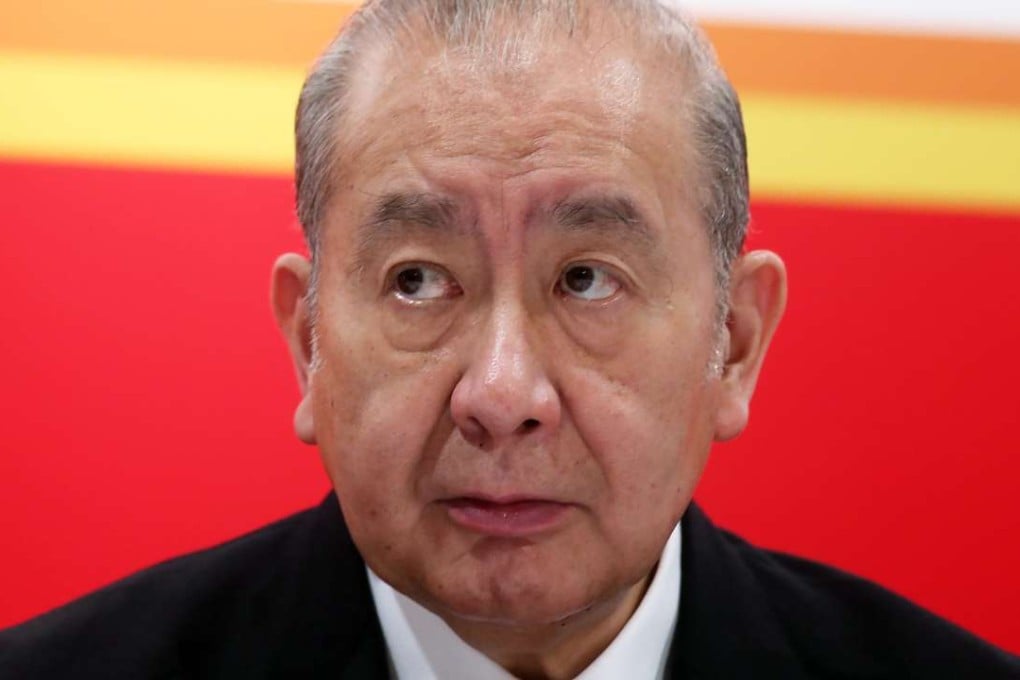Experts question Hong Kong graft buster’s decision not to probe bank boss in Donald Tsang investigation
Independent Commission Against Corruption did not approach BEA boss despite HK$350,000 payment

Director of investigation at the Independent Commission Against Corruption (ICAC), Ricky Yu Chun-cheong, told the High Court the commission did not interview Li between 2012 and 2013 because it did not expect the bank boss to cooperate.
Yu said ICAC staff spent five months negotiating with BEA before even being allowed to speak to bank workers.
Tsang, 72, was accused of one count of accepting an advantage and two counts of misconduct in office. The jury on Friday could not reach a verdict on the count of accepting an advantage, and found Tsang not guilty of one of the misconduct charges.
The remaining count, which Tsang was found guilty of, related to the former chief executive’s failure to disclose his discussions with East Pacific Holdings director Bill Wong Cho-bau over a mainland penthouse to the Executive Council between 2010 and 2012.